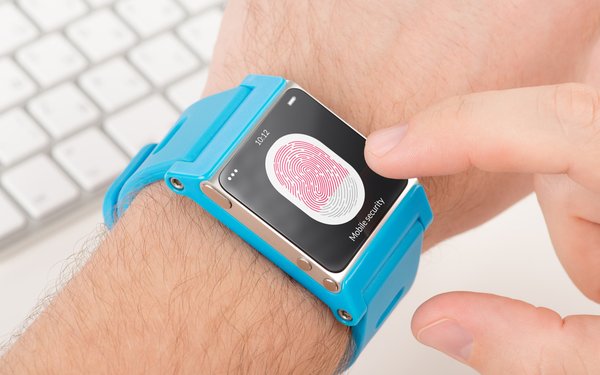
One of the main thing the Internet of Things
involves is connecting everyday objects to the Internet.
A potential downside to that is the increase in the attack surface for intrusion, since all smart devices have an IP address and can
transfer data over a network.
The Internet of Things will become the new cyberweapon, according to a new global study, which says that new surfaces, such as connected cameras, cars, health and
industrial automation devices will become a launch pad for intrusions.
The State of Cybersecurity Report by Wipro comprised primary research in 139 organizations in 11 countries in industries
including banking, media, consumer goods, technology, insurance and retail, among others.
Once online, devices such as these are easy prey for syndicated hacking syndicates, which can develop
custom malware to take control of devices en masses, and then use them as a launchpad for cyberattacks, according to the report.
advertisement
advertisement
On the positive side, as IoT devices evolve, the use of smart
devices for simplification of security processes will be a natural evolution, according to Wipro.
The report suggests that device manufacturers developing IoT products should include at least
basic security controls in the devices. These could include such functions as data protection and encryption.
The report also includes some examples of potential threats. Here are some:
- Wearables – Third-party information discloser, location information to potential stalkers
- Smart homes – Criminals trying to access by compromising the security
system
- In-car infotainment system – Hack the car’s head end system and take control of brakes
- Retail inventory monitoring – Use of IoT enabled transmitters makes
them vulnerable to Internet-based attacks
- Smart transportation – Disruption of operations
Many marketer and consumers are well aware of potential security breaches,
which, when they occur, are widely reported.
The idea of embedding security in technology is hardly a new concept. The Internet of Things dramatically increases the number of devices in which
it will be required.